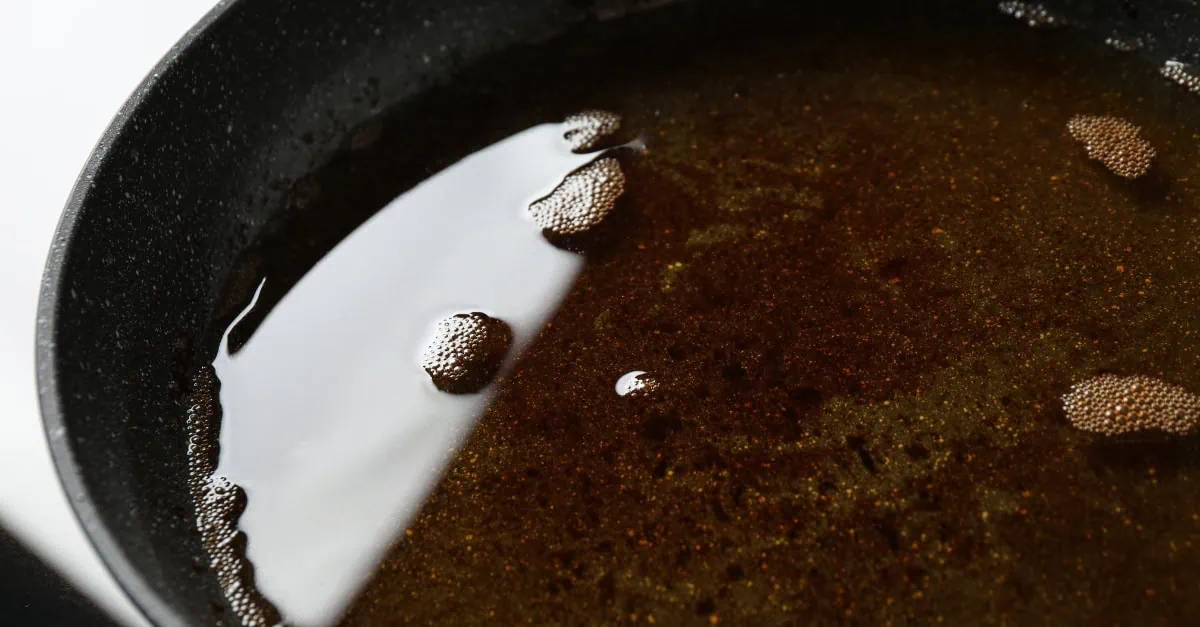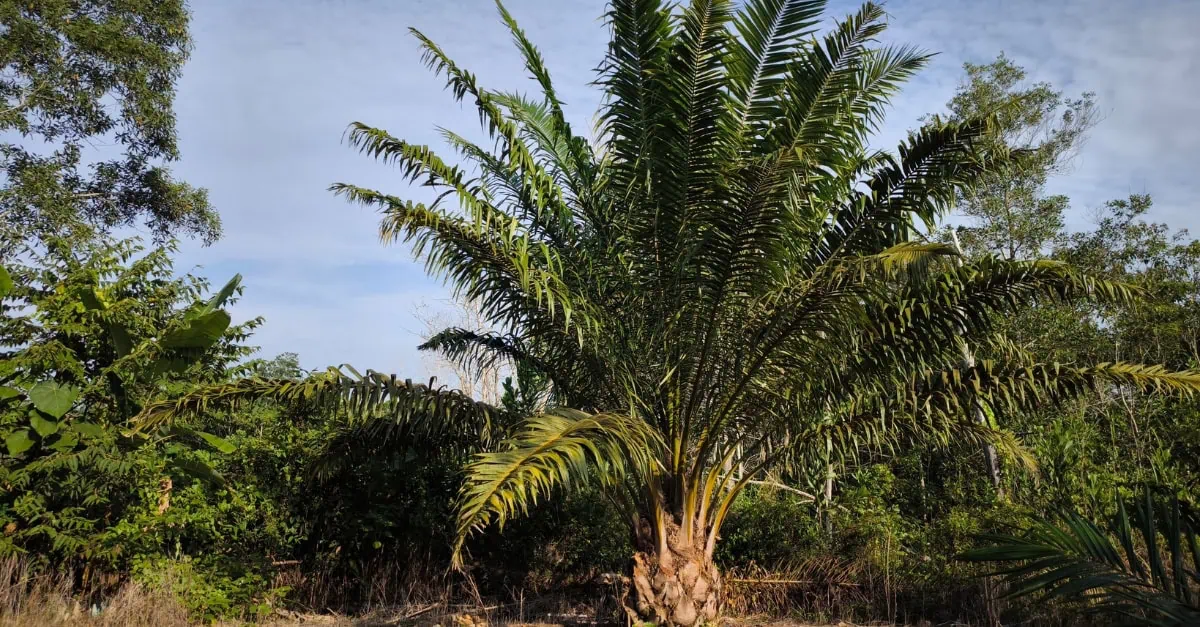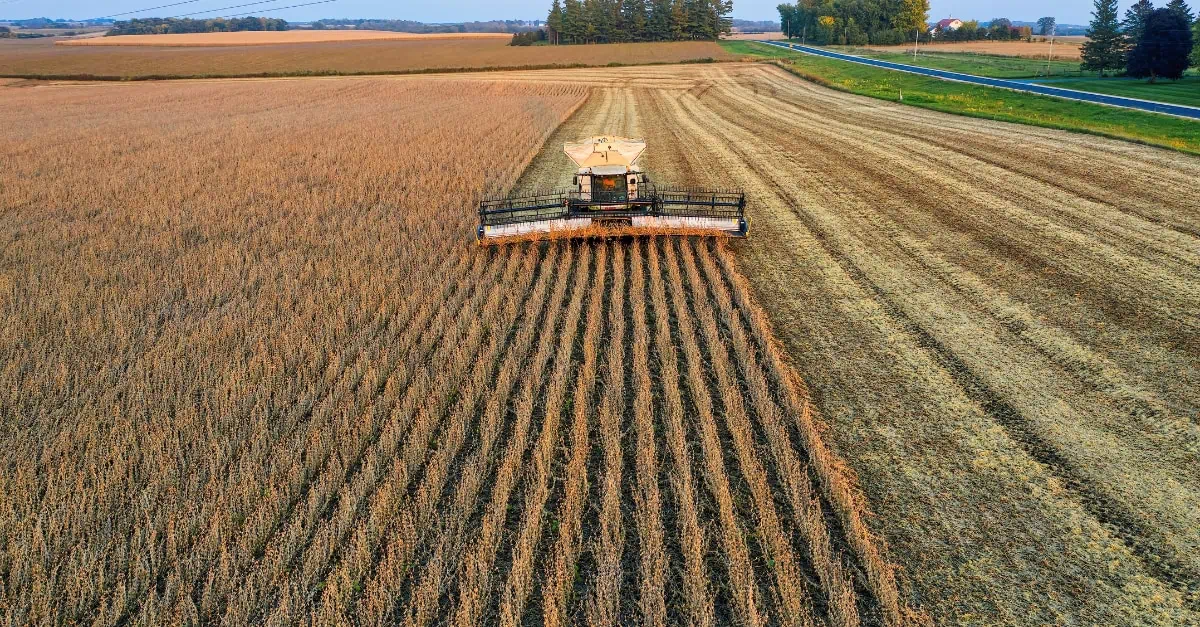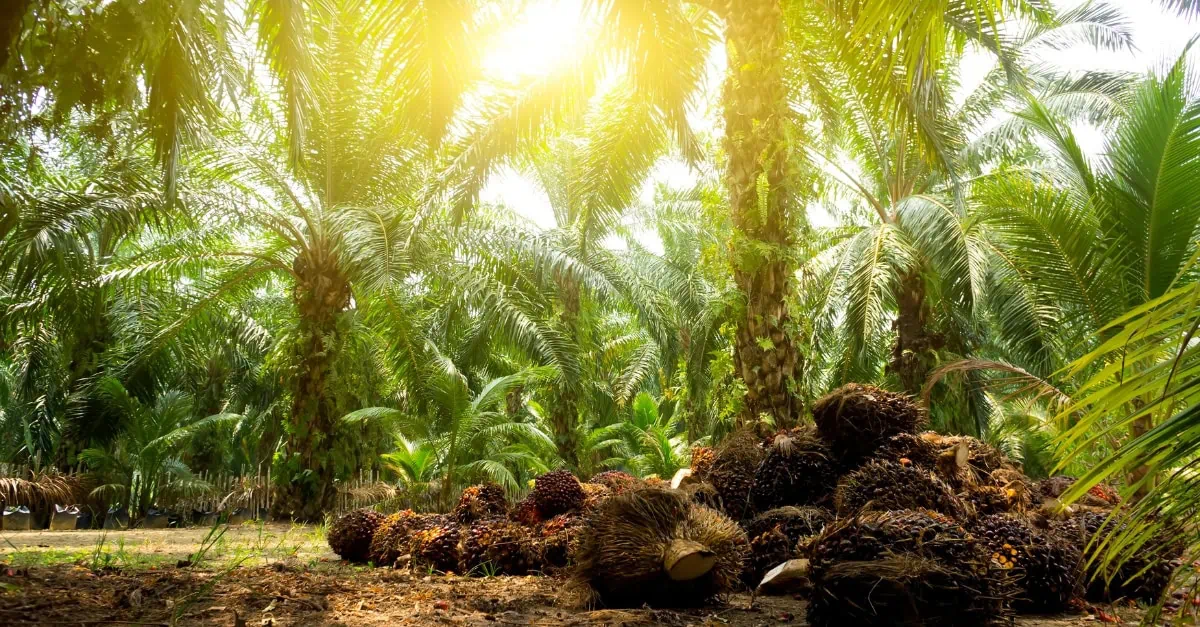German authorities have reached an informal agreement to eliminate double-counting for advanced biofuels including UCOME toward greenhouse gas quotas, according to industry reports from October 10. The policy change, expected to take effect January 1, 2026, could reshape the European biodiesel market by redirecting used cooking oil away from UCOME production.
An internal memo from industry association VDB indicates that while no final decision has been made, Germany’s energy ministry expects the legal amendment to align with the EU’s RED III legislation implementation. The ministry confirmed the anticipated January 2026 effective date for the new regulations.
The potential policy shift has immediate implications for UCOME producers. Industry analyst Quantum warned that the change could lead to narrower margins as mandates will largely be met with hydrotreated vegetable oils instead. This shift would drive used cooking oil away from UCOME production and toward HVO facilities, increasing UCO prices in the process.
Market prices already reflect tightening conditions. UCO prices EXW Netherlands climbed to EUR 1,075/mt from EUR 1,060/mt two weeks prior, while UCOME FOB ARA prices reached $1,515/mt, up $37/mt over the same period.
The German policy change comes as UCO markets face additional pressure from expanding Chinese SAF production. China approved three additional biofuel refiners for sustainable aviation fuel exports, issuing quotas totaling 788,000-828,000 metric tons annually to Shandong Haike Chemical, Shandong Sanju Bioenergy, and Bain Capital-backed EcoCeres.
Chinese domestic demand has driven UCO FOB China prices to $1,135/mt from $980-1,000/mt at the start of the year. Reuters reported that China increased projected SAF exports to 1.2 million tons this year, intensifying competition for UCO feedstock.
European biodiesel producers now face a strategic decision point. The elimination of double-counting in Germany removes a significant economic incentive for UCOME production, while growing Asian demand for UCO feedstock creates additional supply constraints.
The policy shift arrives alongside broader fuel market volatility. New sanctions against oil suppl and shadow fleet pushed Brent crude up $2.5/barrel to $66/barrel, supporting overall biodiesel prices. Low-sulfur gas oil rose to $692/mt from $657/mt over two weeks, providing some margin support for biodiesel producers.”
Tallow markets showed opposite trends, with cat 3 prices declining to EUR 1,015/mt from EUR 1,030/mt as supply outweighed demand. Brokers indicated this supply pressure may continue through the fourth quarter.
For UCOME producers and biodiesel buyers, the next two months present a critical window to reassess supply strategies before the anticipated German policy implementation. The removal of double-counting advantages will fundamentally alter the economics of UCOME production versus HVO processing.
This article is part of a more comprehensive biodiesel market analysis. For the full analysis, visit: https://app.vespertool.com/market-analysis/2388?commodity=vegetable-oil





